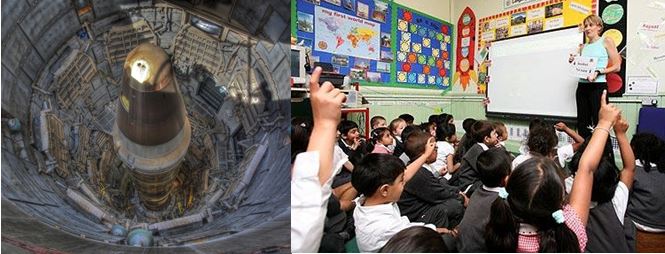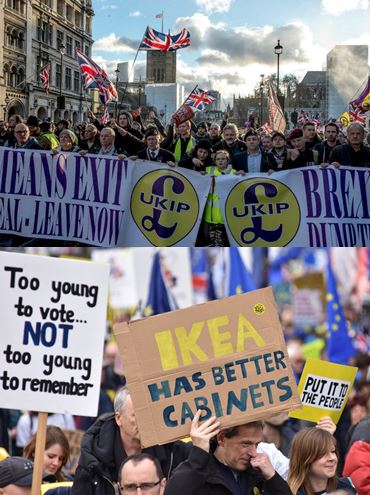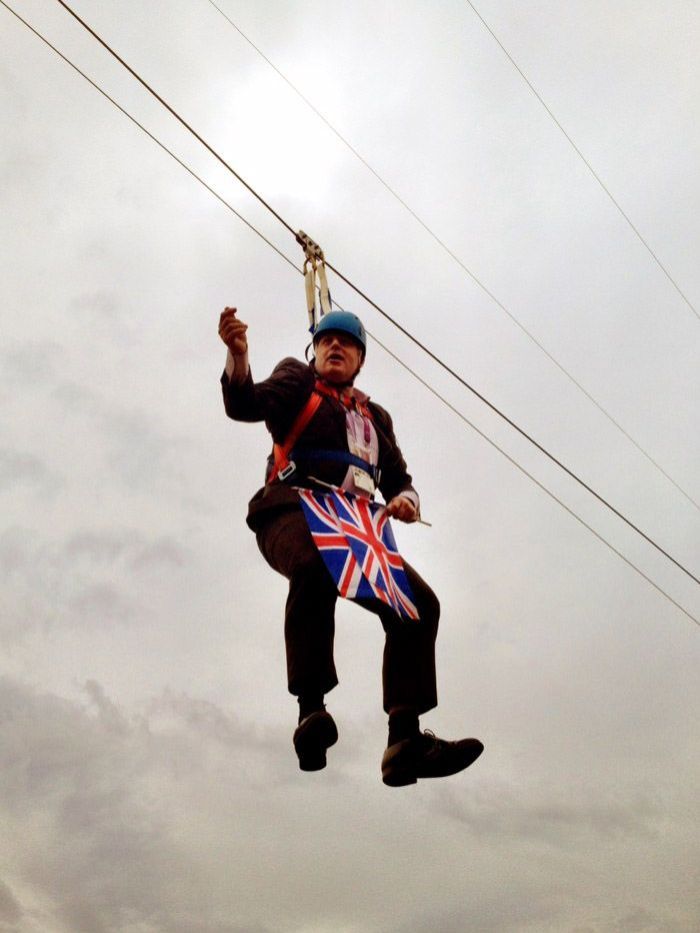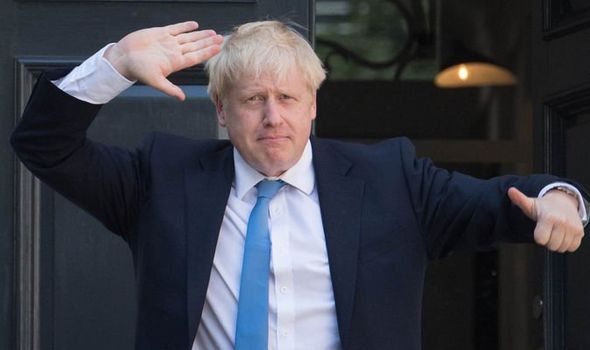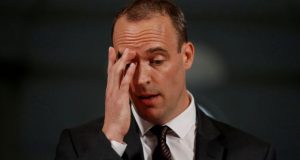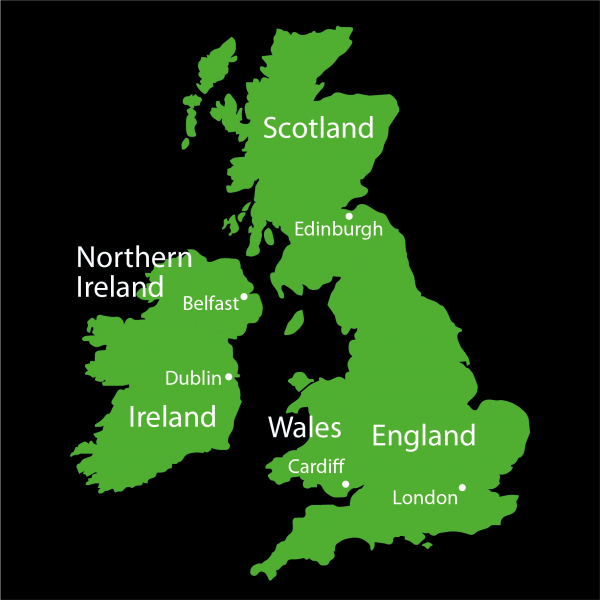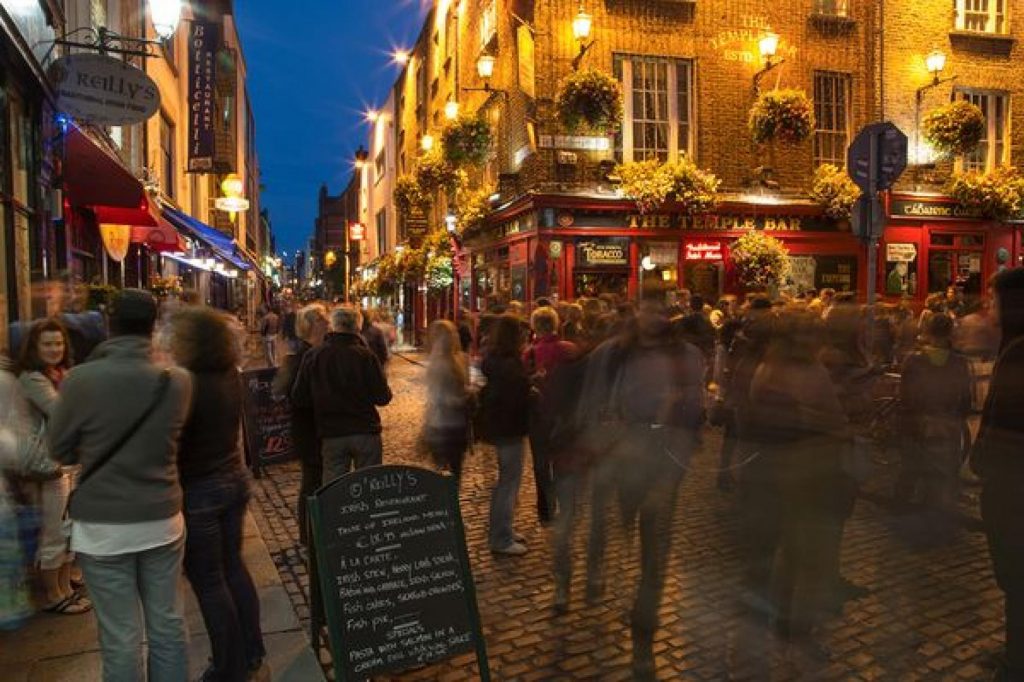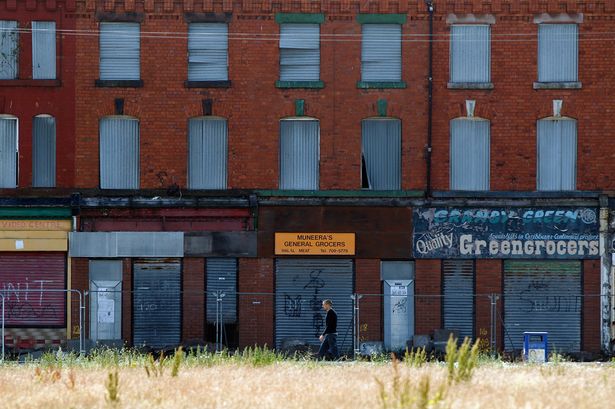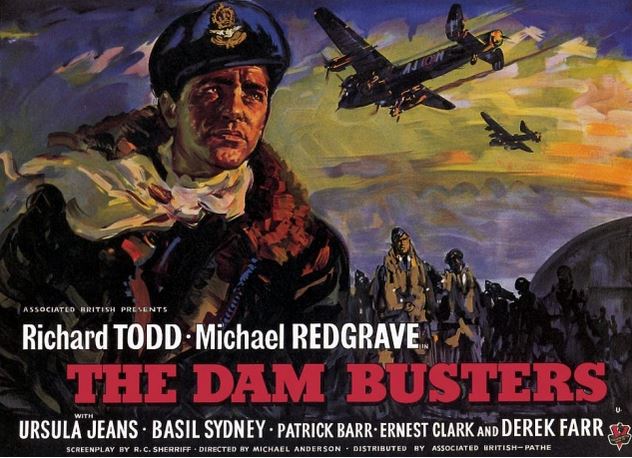When I was a child, the word “antidisestablishmentarianism” was a kind of word challenge. With its 28 letters and 12 syllables – count them or see Wikipedia if you don’t believe me – it’s claimed to be (one of) the longest words in English. For much of my life, it’s just remained as a kind of freakish part of our language and I never thought much about what it actually means. Actually, you can find a brief definition in Wikipedia, too.

So what brought the subject to my mind? It was the coincidence of two things. The first was a timeline in the preface to a book I’m reading, summarising key events in progressive politics with their dates, from the 1832 Reform Act to the early 21st century. The second was number 11 in a list of 11 items which the National Secular Society is lobbying to be included in political parties’ pledges for the forthcoming election. The 11th pledge is “separate church and state”, a constitutional reform woefully overdue in England.
The 19th and Early 20th Centuries
The term “antidisestablishmentarianism “ came to prominence in the mid 19th century as a resistance movement to the progressive reforms of, naturally enough, proponents of disestablishmentarianism. The latter idea had been floated early in the 19th century by Radical thinkers including Jeremy Bentham, “godfather” of utilitarianism. Following the aforementioned 1832 Reform Act and the emancipation of Catholics, the idea was further spurred on by nonconformist Christians.
The Liberation Society was founded by Edward Miall in 1844 to press for the disestablishment of the Church of England. Many MPs in the Liberal Party were supportive of the change but – you’ve guessed it – the Tories were opposed. Plus ςa change. And there, 175 years later, it remains stuck, in England, anyway.
The situation was rather different elsewhere in the British Isles. The Irish got there first, with disestablishment of the Anglican Church in 1869. Agitation for disestablishment started earlier there, in the previous century. This was hardly surprising as the Irish established church was especially corrupt, being disproportionately rich in a country full of poor Catholics. Gladstone was the Liberal Prime Minister at the time of Irish reform, via the Irish Church Act 1869.
The Welsh had to wait until 1920 for disestablishment there, following the long tradition of non-conformism (principally Methodism) in Wales. As is often the case, things were a bit different in Scotland. First, there was the famous “schism” of 1843 when Evangelicals split to form the Free Church of Scotland. The 1921 Church of Scotland Act formalised the reconciliation of the factions and can be seen as a sort of de jure disestablishment, even if the modern Scottish Church sees itself “in terms of service not status”. More information can be found in the section The 1929 Settlement in the Church of Scotland website history page.
The Present Day
So here we are now. In England, we still have an “Established” Church with 21 bishops in the House of Lords and the Head of State also head of that church. Positively mediaeval, I call it.
About a decade ago, you may recall, constitutional reform was again being discussed, mainly in relation to the reform or replacement of the anti-democratic House of Lords. It’s now 108 years since the Parliament Act which restricted the Lords’ powers. Those alive then would be aghast that no progress has been made since 1911.
So, I suppose – if asked – I would call myself a disestablishmentarian. But I would also sign up to the other 10 items in the NSS list. Full details are on the NSS website. In summary, along with disestablishment of the CofE, the other 10 items are:
- No more faith schools
- End religious discrimination in school admissions
- Abolish the collective worship requirement – but note this brilliant new website, Assemblies For All, a great new resource for schools
- Promote free speech as a positive virtue
- End non-stun slaughter
- Review laws on assisted dying
- End all forms of non-consensual genital cutting
- Outlaw caste discrimination
- End “the advancement of religion” as a charitable purpose
- Guarantee secular public services.
Oh, and one more thing: back to the heady days of the Tory / Liberal Democrat coalition under David Cameron. In 2014, as Deputy Prime Minister, Nick Clegg – remember Cleggmania? – advocated the separation of Church and state “in the long run”. Just as in the mid-19th century, this was still too much for the same-old enemy of reform. David Cameron said things were just fine as they are, responding to Clegg that disestablishmentarianism is “a long-term Liberal idea, but it is not a Conservative one”.
Oh, and coming even more up to date, I wonder what our current Prime Minister would make of the word. Probably, very much like I would have done as an eight year old. Some of us just never grow up. As I said earlier, plus ςa change, plus c’est la meme chose. Or, as we might say in English: same old Tories, defending the establishment few.
